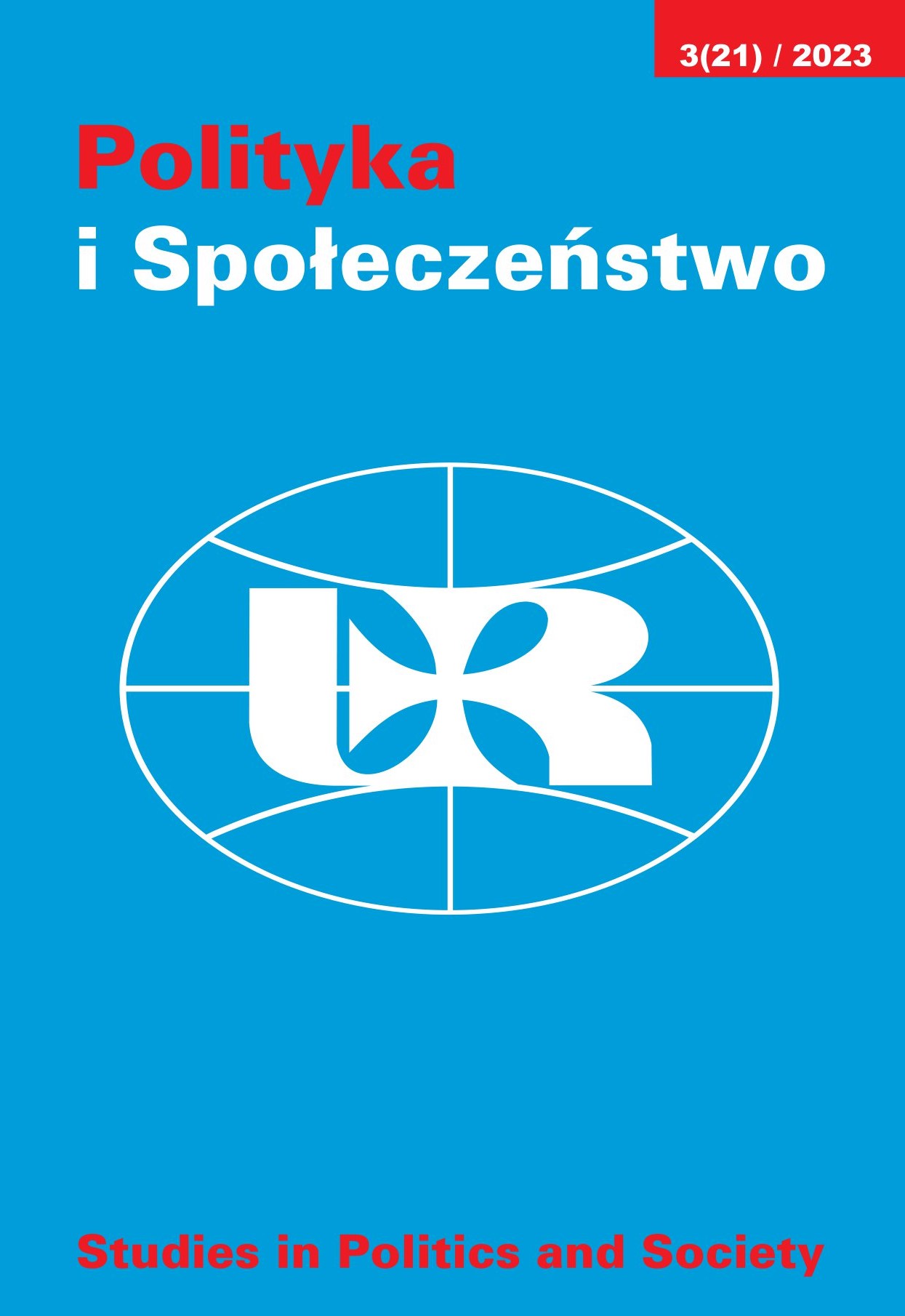Burnout as a significant threat to social safety
DOI:
https://doi.org/10.15584/polispol.2023.3.15Keywords:
escalation management, burnout, social securityAbstract
Psychosocial risks are an increasingly common problem today. Occupational stress, signs of workaholism, or qualitative and quantitative load can be observed in every organization. The occurrence and intensity of psychosocial risks can affect workers' overall health and safety in the workplace. This will obviously translate into the entire "organism" that is a given organization. The impact of these phenomena can cause accidents at work and occupational diseases, which is definitely not a sign of safe working conditions. The problem of burnout, unfortunately, for a long time remained in the shadow of other problems plaguing organizations. The aim of the article is to prove and confirm that burnout is a significant threat to social security. The article synthetically discusses the studied area, which is important from the point of view of the entire spectrum of social threats and allows for the development of research in the future.
Downloads
Published
How to Cite
Issue
Section
License
Copyright (c) 2023 Studies in Politics and Society

This work is licensed under a Creative Commons Attribution-ShareAlike 4.0 International License.


